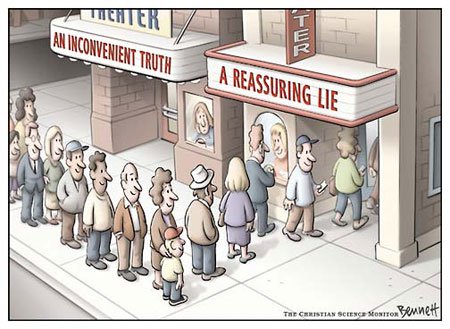
When I was an undergraduate student at McMaster University, I took a course that profoundly changed the way that I see the world. Prior to that time, I was an optimistic, naive, doe eyed, young person. I believed most things that I read in the media. I thought that if a book had been published, it must have been fact checked! I was not discerning about the nuances in language (e.g., a correlation has been found; X is related to Y). And then I took an advanced course in cognitive psychology. The result, I am still a pretty optimistic person but I am a skeptic. You can just ask my husband. I don’t believe anything unless you can show me some kind of evidence, proof, support, or source. This is incredibly frustrating for most of my friends and family, but I find it to be very handy.
The ideas I was exposed to in cognitive psychology all surround the question – why do we choose to, or how are we led to, believe things that are not true? There are many answers to this question. For instance, when we are looking for information to support an idea, we selectively attend to information in the environment that supports our beliefs and ignore information that does not. This is easy to do. There is so much information available to us that we have to find some way of sorting it. To believe that we are entirely objective is to be mislead by your own heuristics. We also falsely believe that people around us agree with us. Silence is consent. If I hear no dissension then I must have full support! I could go on with this silly little quirks that define the functioning of our imperfect cognitive systems, but I would prefer to refer you to two talks that are highly entertaining and describe specific cases of common cognitive errors.
First, Ben Goldacre talks about ‘bad science.’ He describes research into drugs and how scientific evidence can be distorted. His talk is grounded in research in the pharmaceutical industry. High consequences for small misinterpretations!
Second, Michael Spector describes his ideas around the science of denial – why do people choose not to believe in findings that are supported by science. Galileo anyone? Michael is not a scientist himself, but he is a good interpreter of science and an excellent story teller.
In both cases, Ben and Michael describe circumstances where reasonable people misinterpret findings collected by scientists using a rigorous, controlled and peer reviewed process. Yikes! What does this mean for any person’s ability to digest information? What does this mean for our own ability to ‘trust’ anything that comes across our desk? In a world full of content – www, twitter, newspapers, radio – how do we determine what matters?
Skeptic or believer? Where should we hang our hat?

No Comments so far ↓
Like gas stations in rural Texas after 10 pm, comments are closed.